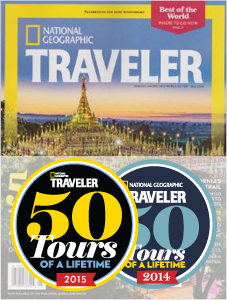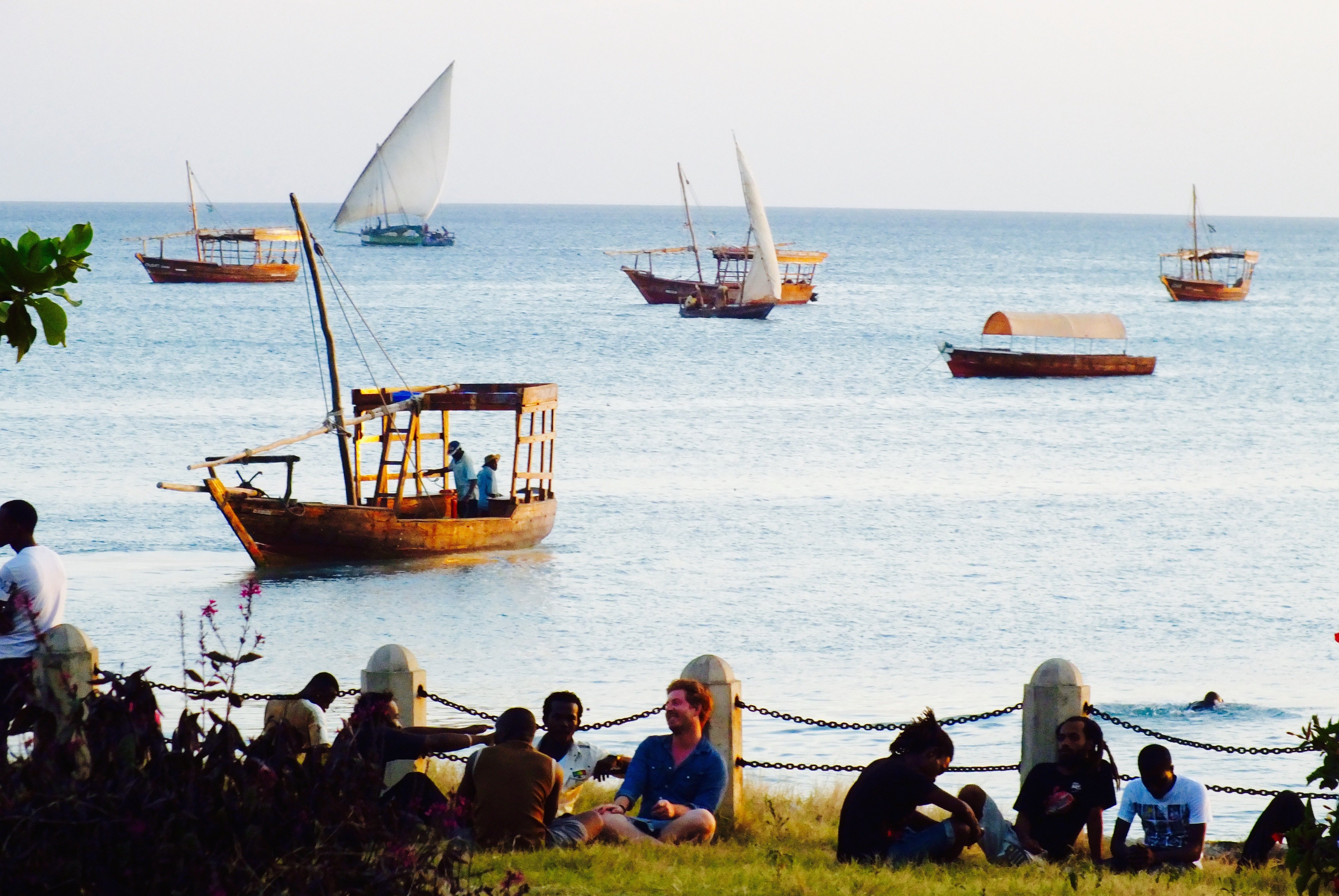Many of us choose to travel for many reasons: visiting famous ruins, climbing an iconic peak, seeing captivating wildlife … the list could go on and on. At the same time, many of us travelers come away with a much greater than anticipated appreciation for the local people we meet in the country we visit. It is often said that a smile is the universal language, and it can be a charming part of our trip to make our way through our trip relying on our guides and some nonverbal communication. However, it is both practical and polite to learn some of the language of the people whose homelands we will be visiting.
Those of us who speak English are very privileged as international travelers. Nearly everywhere we go in the world, we will likely run into local people in our destination country who speak English to some degree. At the same time, learning the language – if even a little – of the people whose country we will be visiting is good practice as we seek to build our intercultural competencies and sense of “global citizenship”. Read on to learn more about English as it’s spoken around the world, approaches to learning other languages for travel, and some basic words and phrases that will serve our travel experience well.
English Around The World
Over half the world speaks more than one language, and while English is spoken in over 100 countries and is the most commonly spoken second language, we as travelers are invited to make a choice:
- Take the route of getting by with just the most basic expressions in the national language of where we’ll be visiting, betting on others’ speaking English (many travelers do this!), or
- Put in just a bit of extra study time before traveling, building bridges between our culture and our hosts’, and investing in relationships that can come from … just talking!
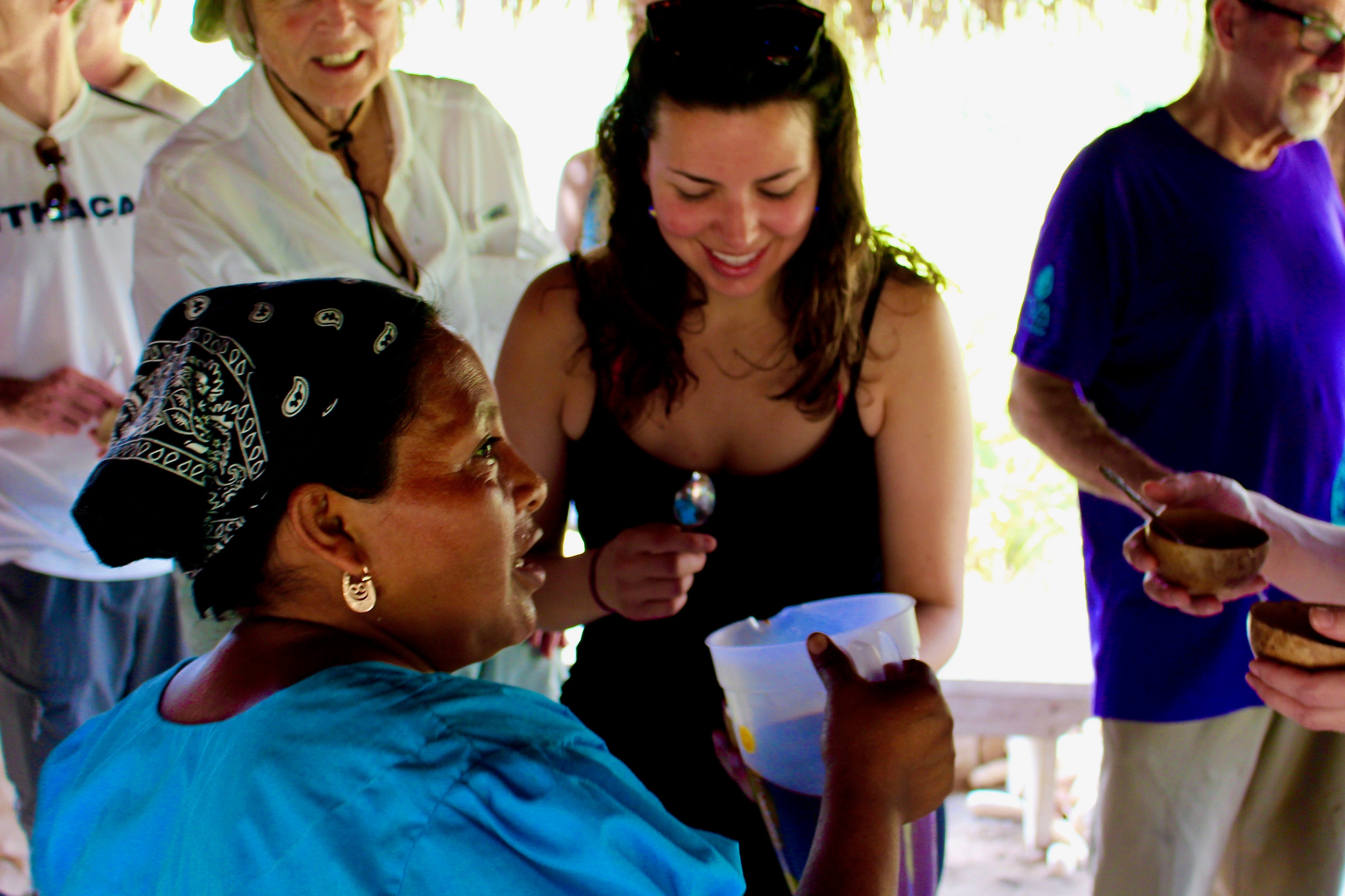
While with our tour groups, it’s unlikely that the need to speak the local language will arise. Even so, opportunities with our hosts to try out what we’ve learned will present themselves at every turn, and are a great way to build new friendships! Photo:@colinhrichard
When traveling with Global Basecamps, our expert guides facilitate experiences that do not require extra language learning. Learning your basic “hello” and “thank you” is all you’ll need to have a great experience, even in the less traveled countries that we visit (Namibia, Vietnam and Colombia, for instance). Other countries, like Costa Rica, Thailand and Kenya ask less of the English-speaking traveler, as many of the local residents are already fluent, daily speakers. Also, though it may come as a surprise to some, a handful of the faraway countries Global Basecamps visits (including India and South Africa) include English as an official language.
Many apps, online, audio and other resources are available in addition to classroom language education programs.
Basic Language Knowledge
Knowing the basics of a language is essential in putting your best foot forward in another culture, especially as you reach beyond the immediate relationships you’ll make with your travel guides and group. Here are some basic pleasantries and practicalities to learn before your trip:
- Simple responses: yes and no
- Greetings and departures such as hello and goodbye, including informal (peers and the younger) and formal (elders and authorities) versions
- Also helpful is greeting related to time of day (good morning, good afternoon, good evening), as well as greeting and departing from a group of people
- Key politeness words and phrases: please, thank you, no, and yes
- Numbers, 1 - 10
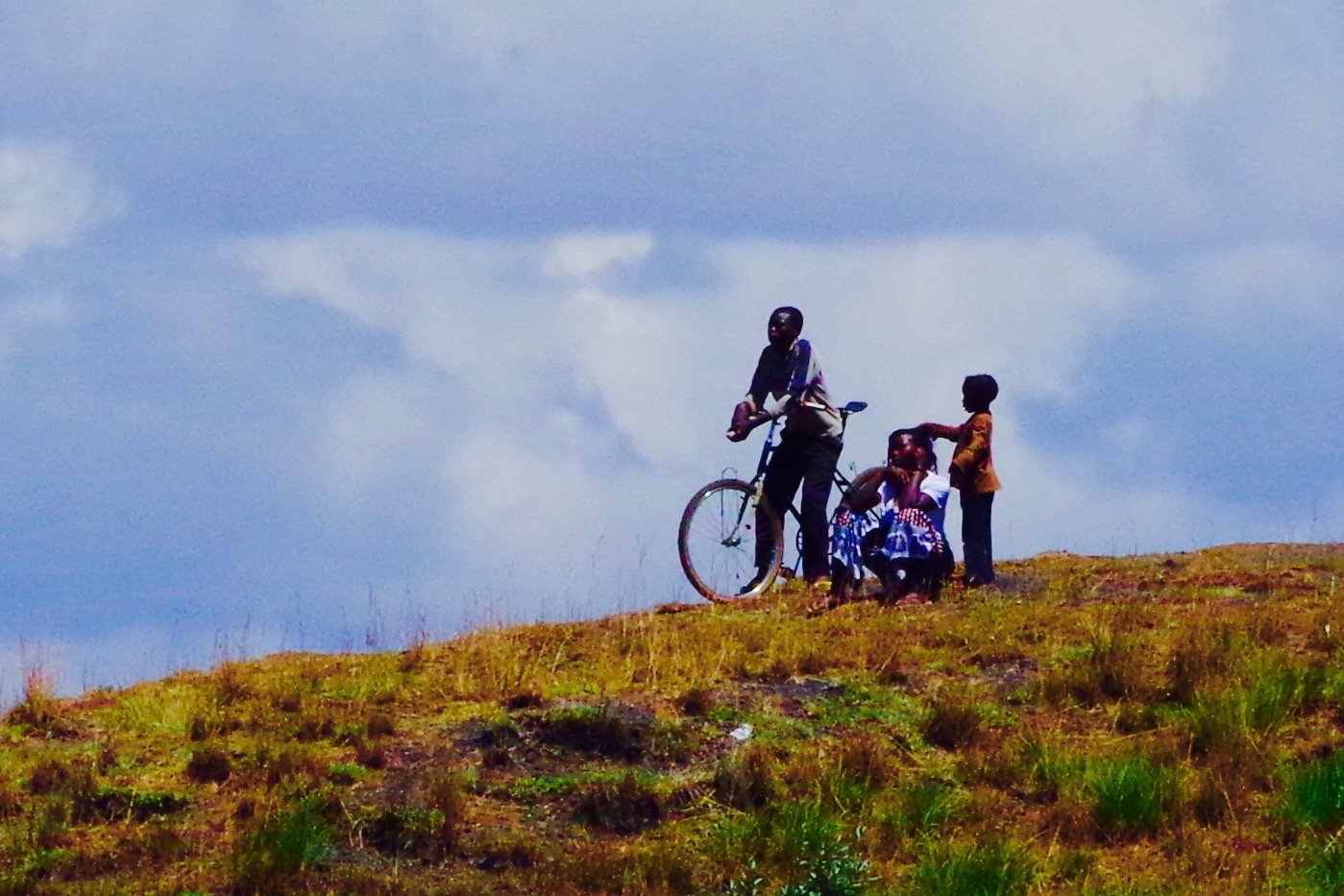
Learning to speak the local language will provide avenues to learn local ways of being, thinking, and acting in ways that aren’t otherwise possible. The relationships that can bloom from this will often become the highlights of your trip! Photo: @colinhrichard
As you get some of these basics under your belt, you can graduate to learning simple but important phrases:
- “Excuse me.”
- “My name is ________.”
- “I would like ________.”
- “How much does this cost?”
- “What time is it?”
- “Where is ________?” (and basics such as left, right, in front of, behind …)
- “Where is the restroom?”
Other words, such as the following are very helpful:
- Food, water (see below!)
- Taxi
- Airport
- Hotel, room
- Special interest areas for your trip, such as beach, etc.
When it comes to food and water, here are two considerations:
- Learn how to describe any dietary preferences or restrictions you may have (allergies, vegetarian, etc.)
- If you will be traveling in an area without safe water supplies, learn how to request bottled water.
 When we travel, once-in-a-lifetime opportunities present themselves to forge new relationships with other cultures that can greatly enrich our lives. While it is possible to do some of this with very minimal local language skills, we at Global Basecamps invite you to add meaning to your trip by connecting with your hosts with depth and sincerity.
When we travel, once-in-a-lifetime opportunities present themselves to forge new relationships with other cultures that can greatly enrich our lives. While it is possible to do some of this with very minimal local language skills, we at Global Basecamps invite you to add meaning to your trip by connecting with your hosts with depth and sincerity.
Asante sana (Swahili: thank you) for reading, buena suerte (Spanish: good luck) with your learning journey, and เดินทางได้ดี (Thai: travel well)!
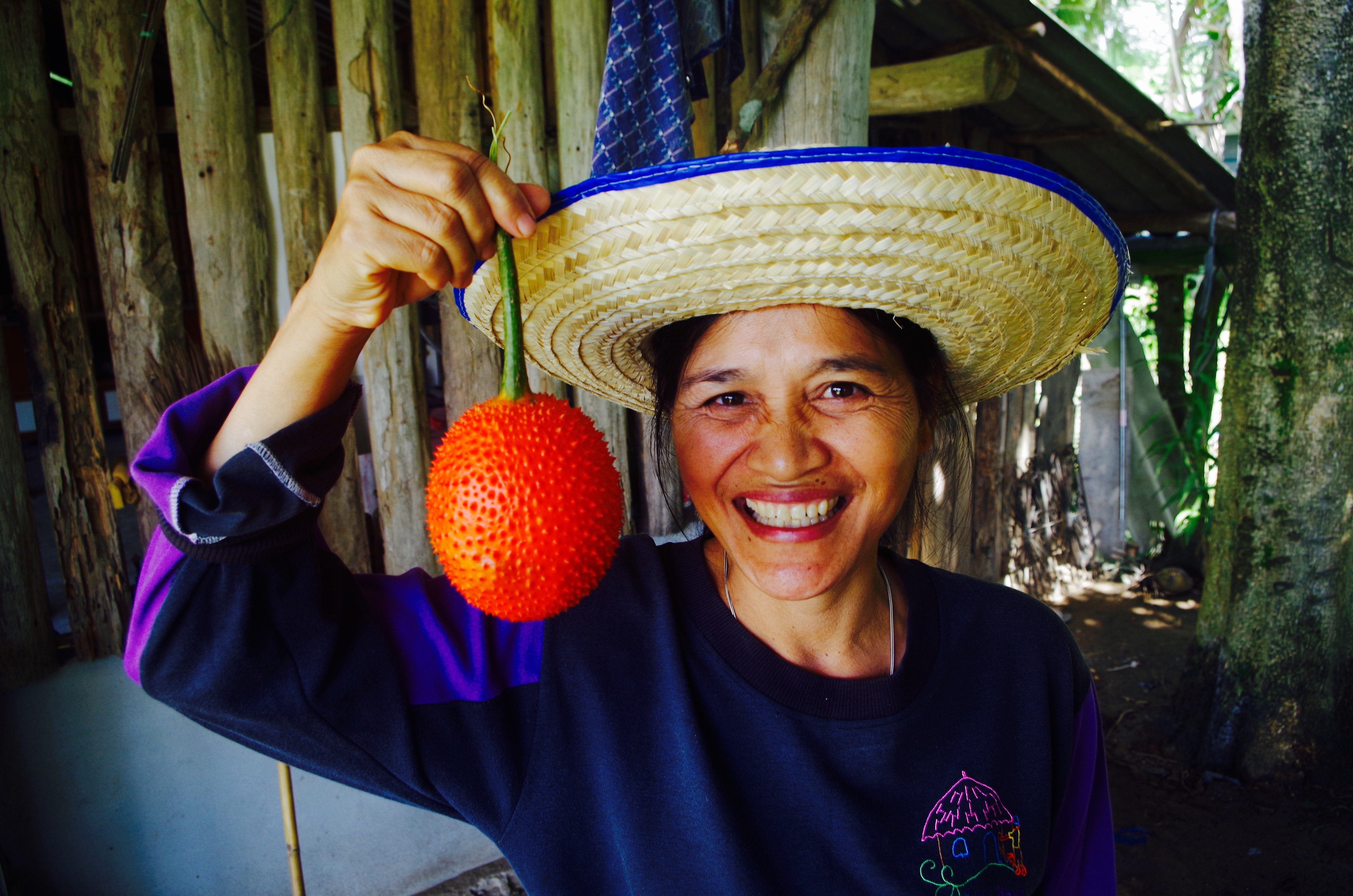 While a smile can take us far with a new friend, a few well-chosen words in the local language can take us much farther! Photo:@colinhrichard
While a smile can take us far with a new friend, a few well-chosen words in the local language can take us much farther! Photo:@colinhrichard

